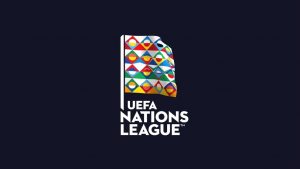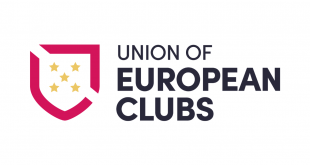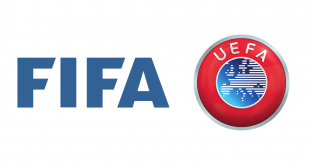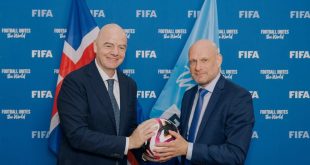 Spain won the latest edition of the men’s UEFA Nations League, which continues to re-energise the international calendar with more exciting, competitive matches – and UEFA is set to leverage its women’s competitions to follow suit.
Spain won the latest edition of the men’s UEFA Nations League, which continues to re-energise the international calendar with more exciting, competitive matches – and UEFA is set to leverage its women’s competitions to follow suit.
There was a new name on the UEFA Nations League honours board in 2023 as Spain became the competition’s third winners. The finals in the Netherlands featured the hosts together with Croatia, Italy and Spain – and concluded with Spain celebrating a final shoot-out triumph over Croatia after a goalless draw at De Kuip.
Beyond Spain’s victory lies a broader success story: since its inception, the Nations League has provided a platform for more competitive and meaningful matches – without adding any fresh dates to the calendar – and during 2022/23 it continued to give national teams at all levels fresh opportunities.
Success stories across the continent
Thirty-three national teams have earned at least one promotion, which highlights how they are able to generate momentum via the competition. As well as climbing the Nations League ladder, they improve their chances of a more favourable draw in the European Qualifiers, so creating a virtuous circle.
Scotland offer a good example. Like Hungary, Israel and Serbia, they were in League C in 2018/19 yet will begin the next edition in League A. Indeed, they have the highest Nations League win percentage (62.5%) of any team and, in 2021, provided a perfect example of the ripple effect in action, with their first men’s EURO participation since 1996. Overall, eight countries have achieved two promotions since 2018, including Georgia, whose win percentage (61.1%) reflects their efforts in climbing from League D to League B of a competition whose structure ensures a greater degree of competitive balance.
This, in turn, brings more interest from supporters, media and commercial partners – an important consideration for UEFA, as we see the significance of national team competitions as vital in boosting the resources of our member associations as they continue to recover from the financial hit of the COVID-19 pandemic. The interest of fans was manifest during the 2023 finals, with the four matches in Rotterdam and Enschede drawing an overall attendance of 126,200 – 95% of the stadiums’ combined capacity. That interest was mirrored outside the stadiums as well, with the 2022/23 Nations League as a whole attracting a projected cumulative global live viewership of 557.8 million plus 2.7 billion interactions across social media and UEFA.com.
Futureproofing the format
The next Nations League, starting in September 2024, will build on the competition’s sporting and commercial success, with a new knockout round linking the group phase ending in November with the finals played in June 2025. This amendment followed an extensive consultation process with member associations and gained approval from the UEFA Executive Committee in January 2023.
Aleksander Čeferin, UEFA President, said, “The introduction of the Nations League was a success story. By introducing the knockout phase, teams will be given even more opportunities to progress, while keeping the same number of games within the international match calendar.”
The revised format will entail quarter-finals involving the League A group winners and runners-up, who will play each other home and away, with the winners qualifying for the final four. Similarly, the third-ranked sides in League A and runners-up of League B, as well as the third-ranked sides in League B and runners-up of League C, will play home-and-away promotion/relegation play-offs. It means yet more competitive games and exciting matchups, with added value for players and fans.
Revolutionising women’s national team football
UEFA is also looking to replicate the success of the men’s Nations League format in the women’s game as part of a new two-phase national team competition system that ultimately leads to qualification for the Women’s EURO or the FIFA Women’s World Cup.
The first cycle of the new system kicked off in September 2023, with the first champions to be decided at the end of February, with the final standings also deciding – after promotions and relegations – teams’ starting positions in the second part of the new system, a European Qualifiers phase, which determines qualification for Women’s EURO 2025 in Switzerland. The Nations League semi-finals will also determine which two teams join hosts France as European representatives at the 2024 women’s Olympic football tournament. If France are among the finalists, the third-placed Nations League team will fill the remaining Olympic Games slot.
 Arunava about Football A look at football & the world through my eyes!
Arunava about Football A look at football & the world through my eyes!



